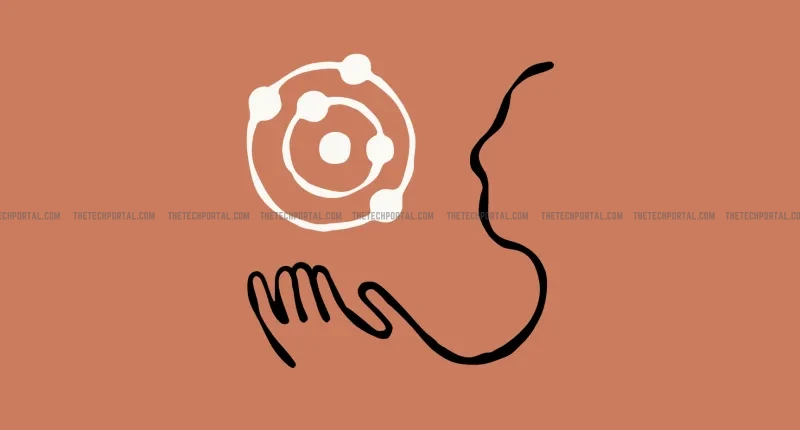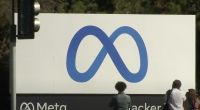Anthropic has introduced Claude Opus 4.5, the newest version of its flagship AI model. The company said the model delivers stronger performance in enterprise workflows, software development and autonomous computer-use tasks, areas that major cloud providers view as critical to next-generation AI deployments.
Opus 4.5 is the third model in Anthropic’s 4.5 series and follows the September and October releases of Sonnet 4.5 and Haiku 4.5. As per Anthropic, Opus 4.5 will become the default option for its Pro, Max and Enterprise tiers and will be available through its API and cloud distribution partners. Pricing is set at $5 per million input tokens and $25 per million output tokens, matching the company’s previous premium tier.
Anthropic says Opus 4.5 shows higher reliability across coding tasks compared with earlier models. Internal evaluations and external benchmarks place the model at the top of the SWE-bench Verified leaderboard, which tests an AI system’s ability to resolve real software issues across open-source repositories.
The company tested Opus 4.5 using a technical exercise that it gives to candidates for performance-engineering roles. According to Anthropic, the model achieved the highest score recorded on the two-hour assessment. The firm said the exercise is intended to measure narrow engineering proficiency rather than collaborative or long-horizon judgment, but used it as evidence of the model’s ability to handle complex problems under time constraints.
To provide some context, Anthropic was founded in 2021 by former OpenAI researchers and has become one of the sector’s most closely watched independent developers. Microsoft and Nvidia last week announced multi-billion-dollar investments that valued the company at about $350 billion.
The Opus family represents the largest and most capable models in that product line, with Sonnet positioned as a mid-tier option and Haiku as a smaller, faster model optimized for lower-latency applications. The previous flagship, Opus 4.1, was released in August.
Opus 4.5 also includes expanded safety measures. The company said the model is more resistant to prompt-injection attempts designed to override system instructions. “With Opus 4.5, we’ve made substantial progress in robustness against prompt injection attacks, which smuggle in deceptive instructions to fool the model into harmful behavior. Opus 4.5 is harder to trick with prompt injection than any other frontier model in the industry,” Anthropic wrote in a official statement.
Beyond the core model, Anthropic announced several product updates. Claude for Chrome, a browser extension that enables the model to execute actions across tabs, is expanding to all Max users after a pilot period. Claude for Excel, which allows the model to interpret and modify spreadsheet data, is now available to Max, Team and Enterprise plan holders. Claude Code, the company’s developer-oriented environment, is being added to the desktop app with support for parallel sessions and an upgraded Plan Mode designed for multi-step coding tasks.
The new model enters a competitive market that has seen a wave of releases from major developers. OpenAI introduced GPT-5.1 on Nov. 12, and Google launched its Gemini 3 series six days later. Benchmarking across these systems has become a focal point for investors and corporate buyers seeking to understand differences in reasoning, coding and tool-use capabilities.
The Tech Portal is published by Blue Box Media Private Limited. Our investors have no influence over our reporting. Read our full Ownership and Funding Disclosure →






